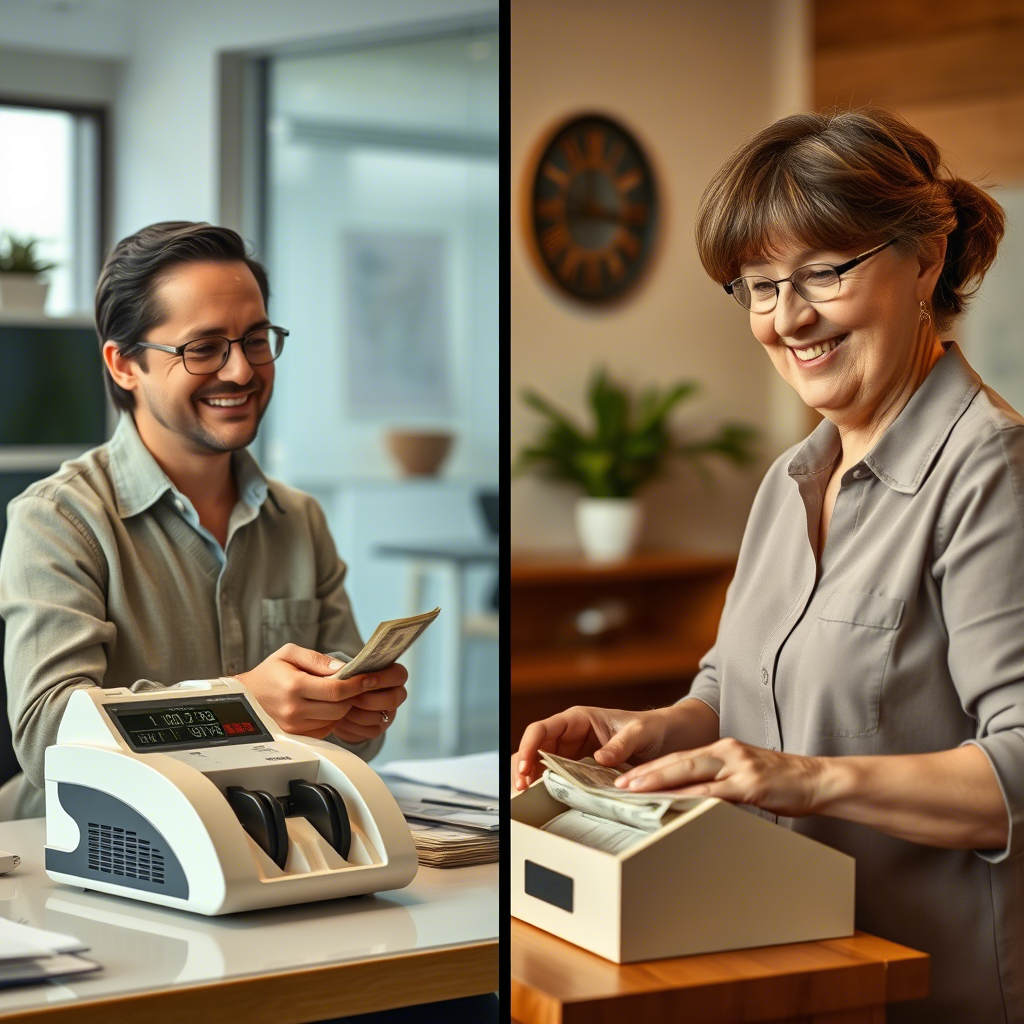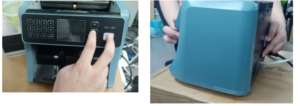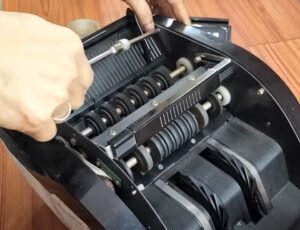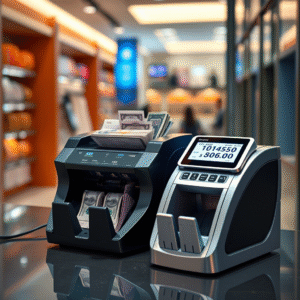Looking for a budget-friendly money counter? This guide dives into the world of affordable money counting machines, helping you find a reliable option without breaking the bank. We explore features, brands, and tips for getting the most bang for your buck, whether you’re a small business owner, a church treasurer, or just someone tired of hand-counting cash.
Why You Need a Money Counter (Even a Cheap One!)
Okay, let’s be real. Counting money by hand is a total drag. It’s slow, it’s prone to errors, and frankly, it’s a waste of your valuable time. Think about it: you could be focusing on growing your business, spending time with family, or, you know, literally anything else. That’s where a money counter comes in. Even a cheap money counter machine can save you serious time and hassle.

Imagine you run a small bakery. Every evening, you’re stuck counting the day’s cash takings. It takes forever, and you’re always second-guessing yourself. A money counter eliminates that stress and speeds up the process. You can quickly and accurately count your cash, reconcile your accounts, and get home sooner. Plus, many cheaper models also have basic counterfeit detection features, giving you an extra layer of security.
Now, when we say “cheap,” we’re not talking about flimsy, unreliable junk. We’re talking about finding a machine that offers good value for its price. A machine that gets the job done without all the bells and whistles of a high-end model. There are plenty of decent, affordable options out there if you know what to look for.
What to Look for in a Budget-Friendly Money Counter
So, what should you prioritize when shopping for a cheap money counter machine? Here are a few key features to consider:
Counting Speed: How many bills per minute (BPM) can it count? A decent machine should handle at least 600 BPM. More is better, but expect to pay more for higher speeds.
Hopper Capacity: How many bills can the machine hold at once? A larger hopper means you can count more bills without having to reload constantly. Look for a hopper capacity of at least 100 bills.
Counterfeit Detection: Does it have UV (ultraviolet) or MG (magnetic) detection? These are the most common and affordable counterfeit detection methods. While not foolproof, they can help you catch obvious fakes. Some machines also offer IR (infrared) detection, which is more sophisticated but also more expensive.
Batching: Can it count bills in specific batches (e.g., 20 bills, 50 bills)? This is a useful feature if you need to prepare bank deposits or make change.
Accuracy: This is the most important factor. Read reviews and look for machines that are known for their accuracy. A machine that consistently miscounts is worse than no machine at all.
Ease of Use: Is it easy to load bills and read the display? Look for a machine with a clear display and intuitive controls.
Durability: While you can’t expect a cheap machine to last forever, look for one that seems reasonably well-built. Read reviews to see what other users have to say about its reliability.
Here’s a simple table to help you compare different features and their importance:
| 特徴 | 重要性 | Why It Matters |
|---|---|---|
| カウント速度 | 高い | Determines how quickly you can count bills. |
| ホッパー容量 | 中くらい | Reduces the need for frequent reloading. |
| 偽造品検出 | 中くらい | Helps you identify fake bills. |
| Batching | 中くらい | Useful for preparing bank deposits. |
| 正確さ | 致命的 | Ensures you get an accurate count. |
| 使いやすさ | 中くらい | Makes the machine more user-friendly. |
| 耐久性 | 中くらい | Determines how long the目次見積もりを取得続きを読む無料見積もりを入手
アイデアを広げるためにあなたのアイデアが必要です。メッセージを送信後、営業時間内にできるだけ早く返信させていただきます。 |




